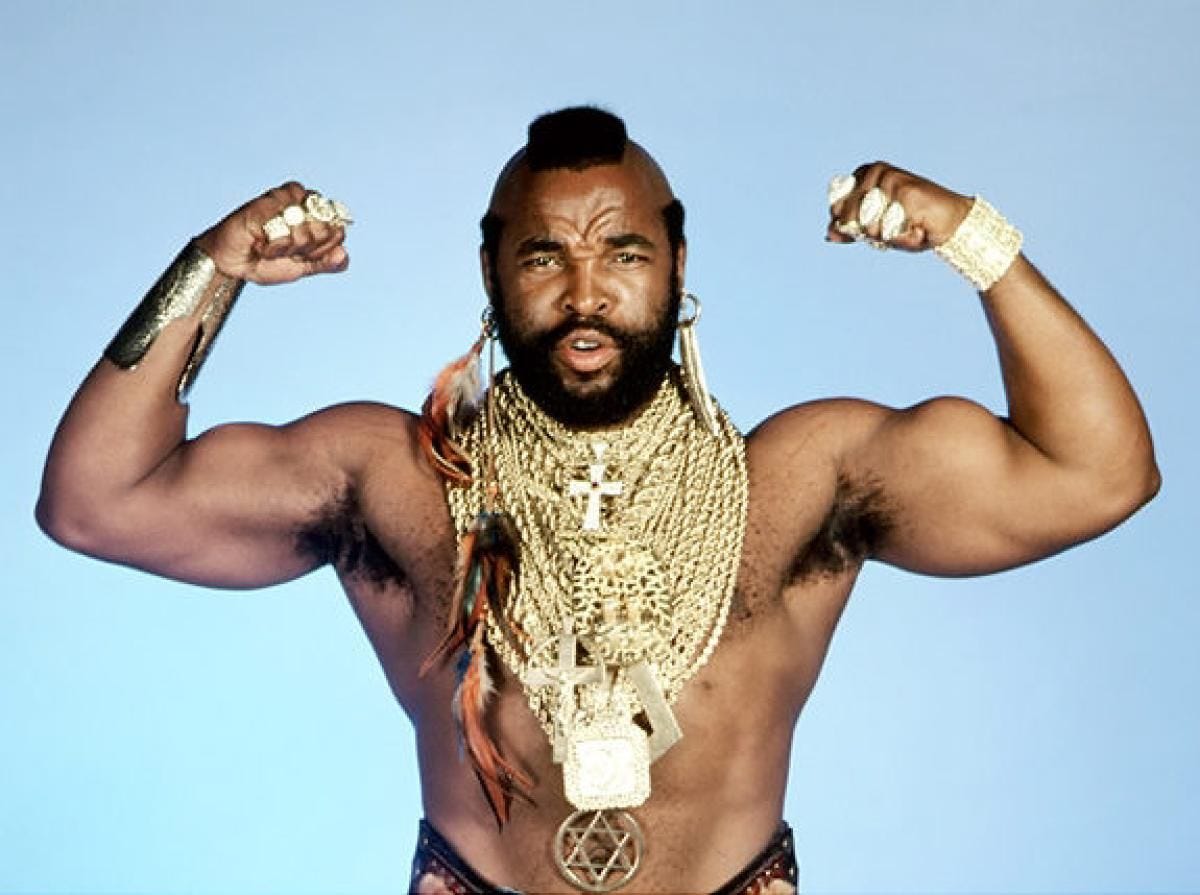The one word you must know for success in daunting interviews & scary meetings
People are on the move right now - I’m hearing it in every business I work with. And moving jobs brings an inalienable certainty; the joy of the job interview.
And that got me thinking of the one word that makes the big difference when it comes to facing big hairy scary interviews (and any high stakes meeting where you feel judged).
What’s the word you say?
Parity.
Parity matters because interviews have a built in feeling of being sub-par for the interviewee - “under, beneath; behind; from under…" from the Latin preposition sub "under, below, beneath, at the foot of,.." figuratively "subject to, in the power of”.
Knowledge is power, and in an interview the interviewer is always one up because they know something you don’t - who they want. It’s a power imbalance that can send us reeling back to powerless moments in our lives (many many clients tell me about that awful moment in secondary school).
When you feel powerless, martial an inner sense of “parity” from the Latin par "equal", equal-sized, well-matched. Find the power from within, act as if you have it and you find the playing field levels in your own mind. And because we tend to teach others how to treat us, you tend to find that playing parity makes an interview a more relaxed conversational space than the interrogation it can sometimes feel like.
There are a few practical ways to find your inner parity. A lot of the tips I use to this day come from the interviews I did with actors for my first book The Star Qualities.
1. They’re Lucky To Have You.
Alan Cumming had the best advice when I interviewed him, “Remember that in certain situations they’re probably going to be as nervous as you. It’s a confidence thing. Think, ‘they’re lucky to have me’. Even when you’re younger and desperate for the work, they’re still lucky to have you“.
Parity can also come from the sense that you are interviewing them as much as they are interviewing you, something recommended by Gemma Jones. It’s worked for me as a strategy many a time.
2. Find Quiet Dignity.
Go in with a sense of “quiet dignity” said Emily Mortimer “Take your time and get a sense of who’s there in the room. Let them make the first move. The director Jez Butterworth told me that the rule for auditions is: ‘If there’s a piece of paper on the floor, never be the one to pick it up.’ Be aware, and wait, and listen.” I love this because it takes you into the role of honoured guest, rather than harassed host. You relax and get focused. You can even say "thankyou for inviting me in" to reinforce that honoured guest role.
This easy presence extends into your ability to be comfortable with silence, just as you are with friends. Rufus Sewell told me, “I used to have a tendency to talk myself out of jobs. I’d be so panicked by the pause that I would fill it with whatever came into my head. It took me a while to learn to just sit in silence. They were happy to look at me, I was happy to look back. Don’t be afraid of a pause.”
Easy to say, harder to do when the spotlight’s on you. How to do it?
Rufus advises, “Just listen, listen out for what’s hap-pening, listen out for something to happen. It can feel like an age but it rarely is. When you really listen it gives you a quiet presence and draws others in. It helps to really use your ears, almost as if you are pricking them up as you pay attention to the act of listening. Give your full attention to what is being said”.
3. Display Your Diamonds
And the ultimate starry tip, the Judi Dench “display your diamonds.” Why? Because when we get nervous, we slightly close down in our shoulders and collarbones. It’s the body language of flight, or freeze, and so it impacts our nervous system, makes us speedy, anxious, adrenal. “Display your diamonds”, imagining you have a beautiful diamond necklace on (or Mr T style medallion) instantly opens up the body and breathing. Notice what that does to your nervous system and to your voice.
What’s interesting to me is that a lot of these tips take you straight into the parasympathetic nervous system - the rest and digest zone, where we feel at ease and connected.
Parity is ultimately equilibrium, the ability to rebalance yourself when life tips you off centre. When you don’t have the positional power, find your personal power - and then you shine.
In the very moments where a power imbalance tips your system out of regulation, and into the sympathetic nervous system (SNS) these tips are actor classics to re-centre yourself. They are all fundamentally simple things to do and when you practise them they are real parity boosters, and have a big impact on how you show up.
Have fun applying them everywhere (most of them work just as well in social life too) and feeling your power and parity in the room.
Have a great weekend!
Caroline x





